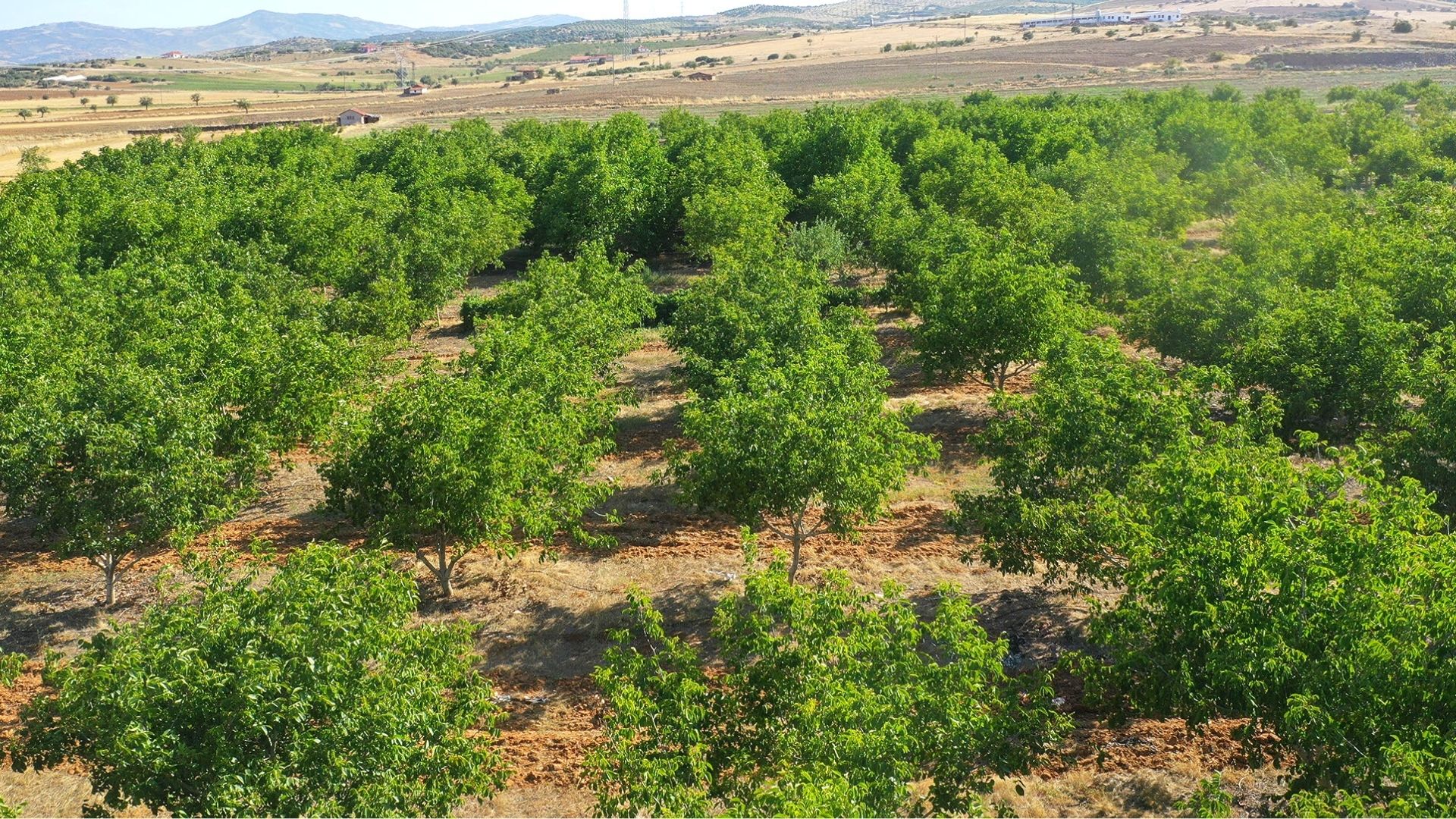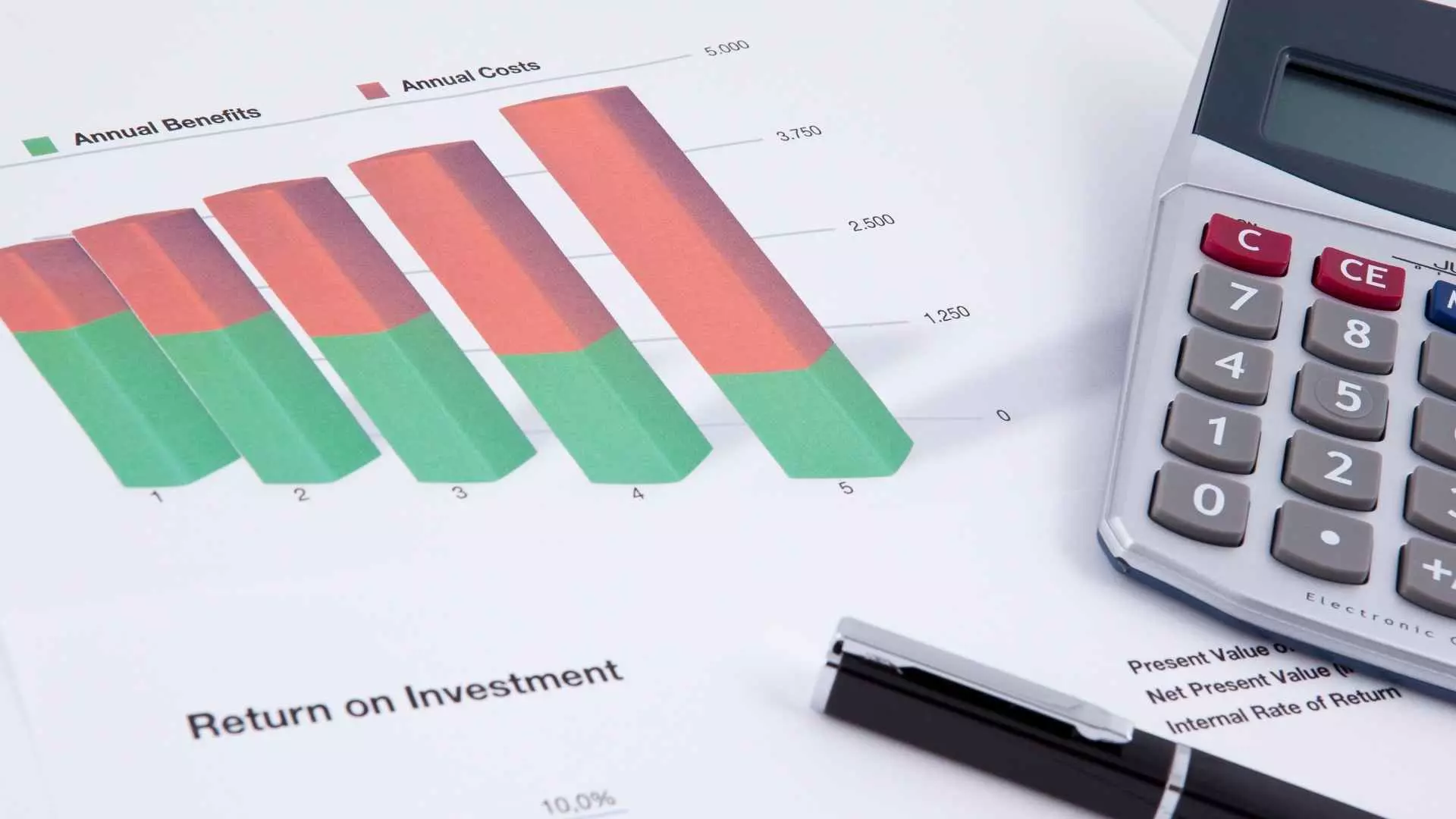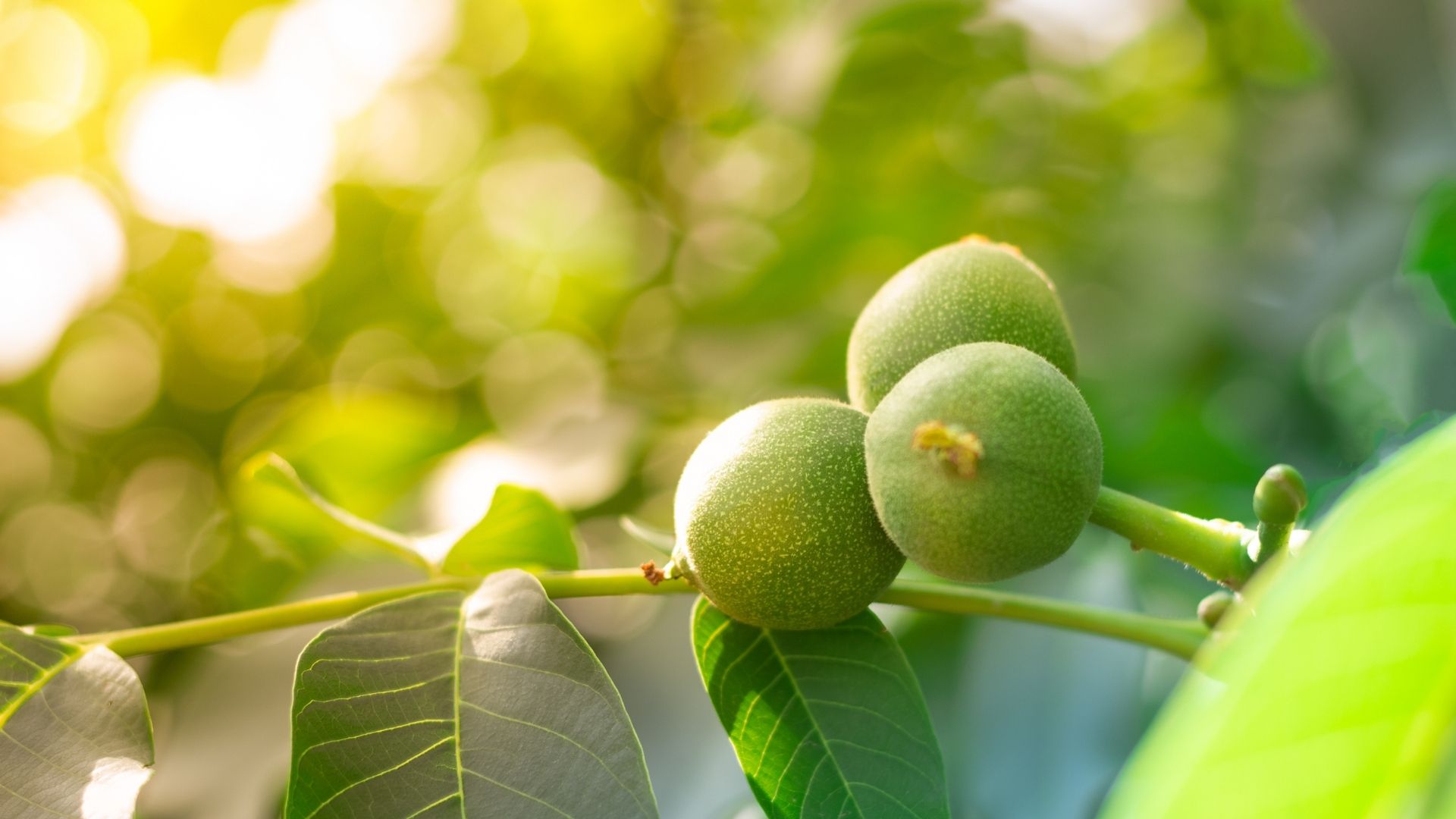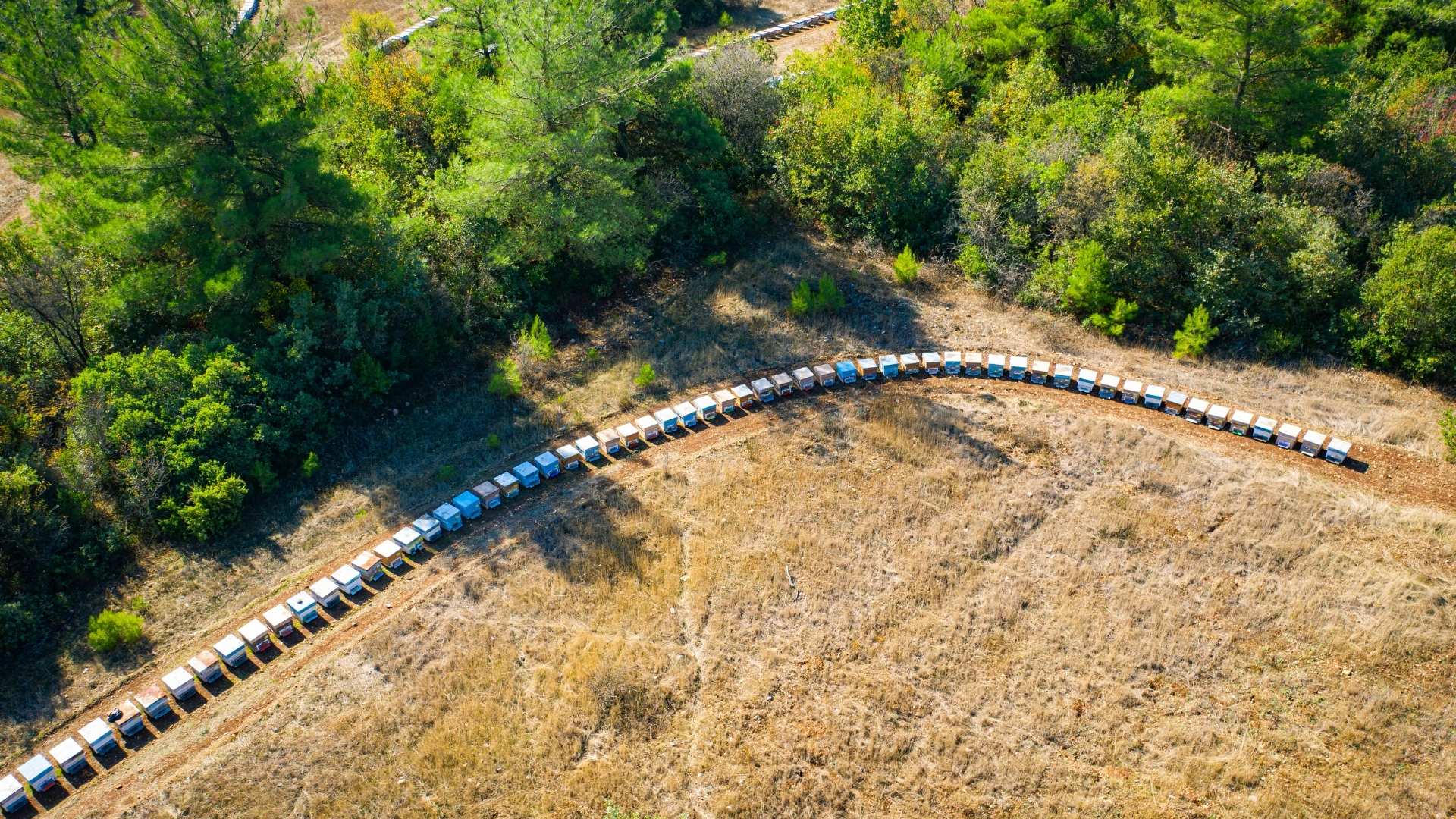
What is the Investment Risk of Farmland Investment?
Direct farmland ownership can be immensely satisfying on both a financial and non-financial level. Over the past decade, farmland investment returns have dramatically exceeded the S&P 500, so this asset class should certainly pique investors’ interest. Additionally, having a farm that can be passed down from generation to generation can help families bond and give the owner a priceless sentimental heirloom. However, despite historically demonstrating stability and even appreciation during economic downturns, farmland investment is not without investment risk due to its exposure to the environment, water supply, and macroeconomic considerations. Therefore, investors should be aware of the risks associated with farmland as an asset type. Fortunately, associated investment risk can be mitigated with appropriate management and innovative methods that reduce those risks to safeguard your farmland investment.
What Risks are Associated with Farmland Investment?
Purchasing farm properties entails some investment risk. As with all investments, some might result in losses and underperformance. Here are the primary investment risk concerns linked to farmland investment.
Farmland is a bulky asset that is difficult to divide. As a result, if the owner wants to sell, farmland can be illiquid. When you have low liquidity, agricultural land for sale can be slow to move when you want to or need to recoup your initial investment. Furthermore, farmland functions on a seasonal timetable and is used actively for a large portion of the year which can limit the opportunities for selling periods. Compared to stock markets, where shares may be bought or sold at the touch of a button, farmland markets, and their investments move more slowly. That’s why purchasing farm properties must be considered a long-term investment.
Running farmland is equivalent to owning a weather-dependent business. For example, flooding brought on by excessive precipitation may prevent crops from being grown and harvested. Contrarily, drought might be brought on by insufficient rainfall, which would also make producing and harvesting crops challenging. In addition, various other naturally occurring events, including agricultural diseases and climate-related concerns, can impact yield and investment performance.
Commodity prices are infamous for fluctuating and result from various causes, including geopolitical events and climatic conditions. Therefore, declining commodity prices are another risk linked with farmland investment and can impact the prospects for the market for crops grown on farms.
Some of these risks are inherent to investing generally, but farmland investment has many positive risk-reward factors that make purchasing farm properties lower risk than many other asset classes.
Why Farmland has Low Investment Risk
Farm properties are tangible assets less likely to lose value over time than other real assets. While buildings like homes, offices and factories require ongoing upkeep to maintain their worth, farmland, for the most part, only has to be appropriately managed when being farmed. Contrarily, when agriculture is practiced responsibly, the value rises as the soil improves.
Ever Growing Demand
Let’s start with a big one: Due to human population growth and increased per-person demand, crop production will need to double over the next 30 years.
Low Volatility
Volatility significantly increases the risk of any investment. Investors learn to live with the constant fear of the end of any given boom cycle because a factory’s profits depend on the whims of its clients and the economy. However, agriculture investment experiences booms and busts less than other investments do. Over the past three decades, the average yearly volatility of the stock market has been close to 17%, compared to just 6.75% for agriculture.
Low Correlation
The absence of an association between farms and other real estate types can be attributed to the fact that the demand for food is immune to these economic cycles. A diversified, sustainable farm can also strengthen itself by diversifying its agricultural investments.
Historical Performance
Farmland investments have consistently outperformed traditional real estate, bonds, and gold when weighed against risk. Additionally, it is far more stable than the stock market. Historically, agricultural real estate has provided strong, dependable, uncorrelated returns to equities, bonds, and even real estate concerning volatility. Invest4Land‘s novel agricultural real estate investment in Turkey makes it easier to include it in your investment portfolio than before.

Make a Low-Risk Farmland Investment with Invest4Land
If you’re seeking a historically reliable investment asset during the current uncertain economic climate, managed farmland through Invest4Land shows immense promise as a hedge against market unpredictability. You have access to this vibrant market through our ground-breaking agricultural investment strategy, which allows you to buy agricultural land in Turkey and access one of the highest-yielding asset classes in terms of risk return. On the other hand, if you’re looking for an option where the investment risk is low and can offer rewarding returns, long-term stability, and diversification, think about real estate investing in Turkey with our walnut farms through Invest4Land.
Invest in Turkey for a Minimal Investment Risk
Purchasing farm properties is a desirable long-term investment that offers significant asset preservation during difficult economic times. However, before you add an open property to your portfolio, careful due diligence can assist you in weighing the potential risk of agriculture investment.
Fortunately, you may reduce your investment risk by working with farmland investment companies like Invest4Land. When you invest in Turkey with our farm properties, it acts as a stabilizing element in your portfolio that can generate long-term wealth due to its minimal link to economic downturns and outstanding historical performance compared to other asset classes. Furthermore, this is one of the best business opportunities for foreigners in Turkey. When you invest in Turkey, you can get either a Turkish passport by investment or Turkish residency by investment, which is ideal if you are thinking of moving to Turkey from the UK or another overseas destination. Are you interested in learning more about agricultural land for sale in Turkey? Our advisors are waiting for you to get in touch.



